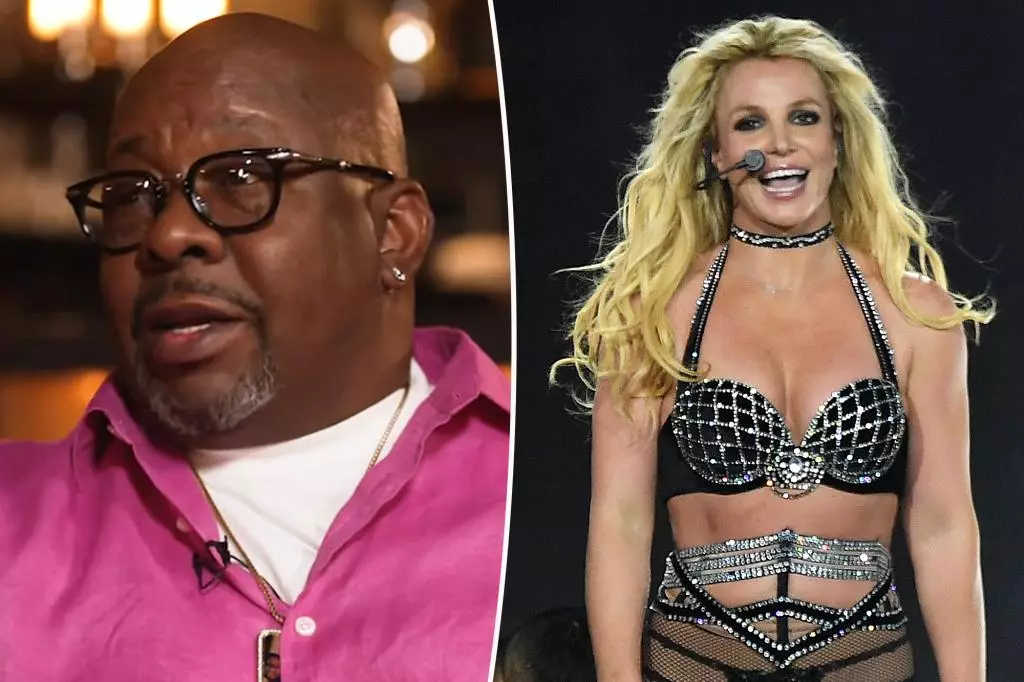In a remarkable moment on the *Club Shay Shay* podcast, Bobby Brown openly expressed his criticism of Britney Spears’ rendition of his iconic 1988 song “My Prerogative.” Describing her version as a “butchering,” Brown’s candidness shines a light on the nuanced relationship between original artists and those who cover their work. The term “butchered” underscores a deep-seated belief that the essence of a song can be compromised when interpreted by another artist, especially one from a different generation.
The dialogue raises an intriguing question: How should original artists evaluate modern interpretations of their work? Brown’s frank remarks might stem from a sense of pride in his creation, but they also seem to reflect a rift between musical generations. It’s worth noting that while Brown cleared the cover for Spears—due primarily to her stature in the music industry—it still led him to regret that decision once he heard the final product.
The Weight of Expectations
The clash between Brown’s expectations and the outcome of Spears’ cover highlights the complexities of artistic ownership. The decision to allow her to cover “My Prerogative” was rooted in a gamble—Brown trusted that Spears would deliver a fresh and awe-inspiring take on a classic. Instead, he was met with disappointment, revealing that sometimes, trust in commercial viability doesn’t translate to artistic satisfaction.
Brown’s revelation that he “should have heard it before clearing it” is telling. Unlike before, when the process might have been informal, the digital age places immense pressure on artists to vet new interpretations and collaborations. This highlights a transformative shift in the music landscape, where the lines of artistic interpretation are increasingly blurred by marketability. It also raises an important point about the responsibility artists have when choosing to lend their name, or song, to another artist’s vision.
The Backlash and Fan Reactions
Following Brown’s comments, fans quickly took to social media, voicing their opposition to his harsh critique of Spears. Many users on platforms like X asserted that Spears’ rendition is superior, characterizing Brown’s remarks as an attempt to remain relevant in the already tumultuous landscape of pop culture. Such backlash not only highlights the loyalty of Spears’ fan base but also the existence of an often-unforgiving public sphere that scrutinizes artists’ choices.
The emerging narrative suggests a generational divide, with younger generations firmly supporting Spears, while older icons like Brown maintain a more traditional view of artistic integrity. This sentiment begs the question: can we afford to view covers purely through a lens of nostalgia, or should they be celebrated as innovative reinterpretations that reflect evolving musical tastes?
Brown’s stance reveals a vulnerability in the music industry, where artists’ legacies are continually reassessed through the lens of new cultural contexts. Perhaps his disappointment is not solely about Spears’ cover but rather about the fear of losing control over how his work is represented to future audiences. A song is not just notes and lyrics; it embodies the soul of the artist, which makes criticism of reinterpretation deeply personal.

